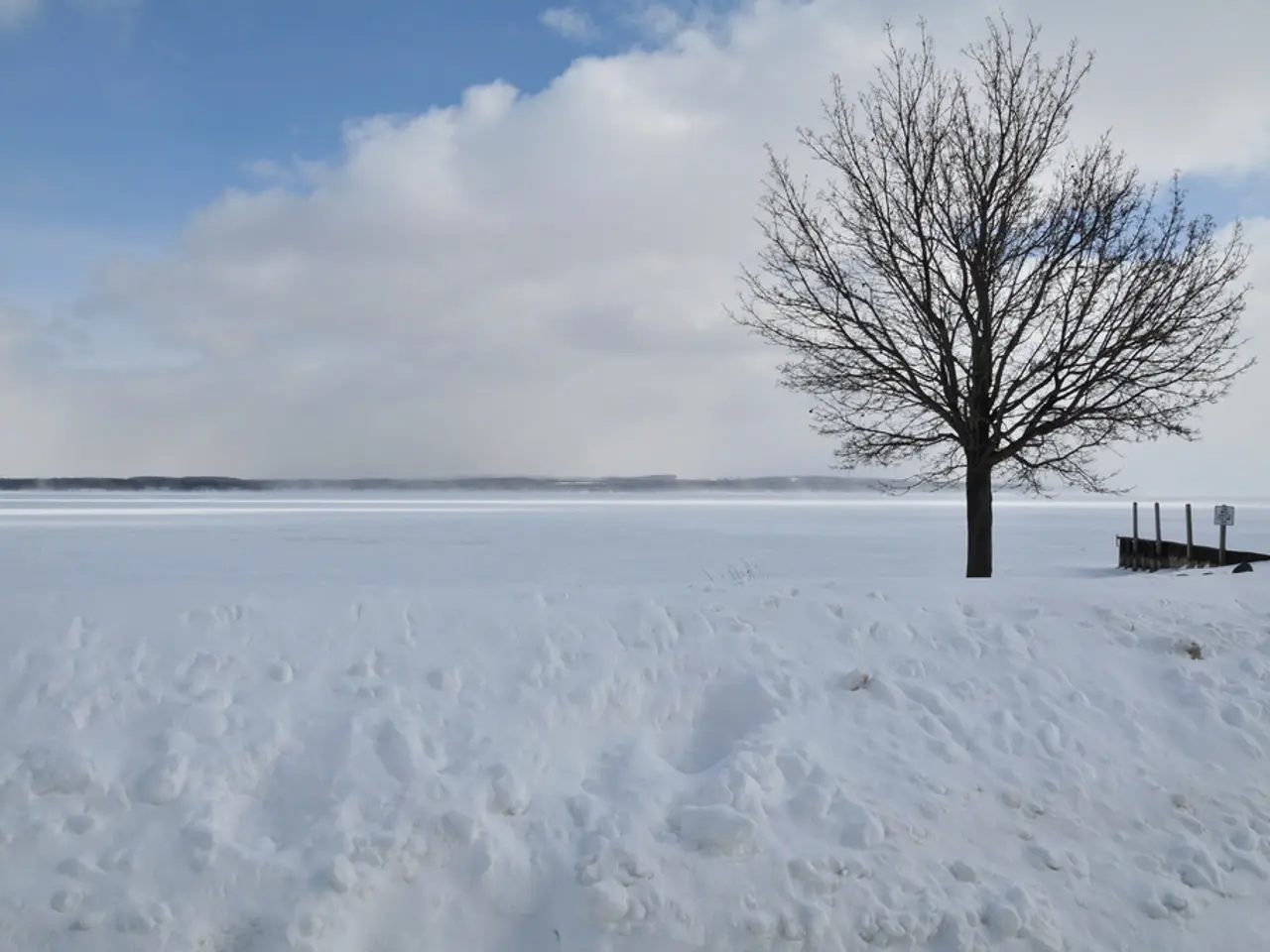Rare asperitas clouds signal Moscow’s sudden winter storm on November 15, 2025
Moscow residents witnessed an unusual weather phenomenon on November 14, 2025, with the appearance of rare asperitas clouds. Meteorologists have since warned of a significant temperature drop and potential heavy snowfall for the following day.
On November 14, temperatures in Moscow hovered around +7°C. However, a dramatic change was forecast for November 15, with a drop to near freezing expected. This dramatic shift was preceded by the sighting of asperitas clouds, a rare phenomenon usually associated with summer.
Professor Mikhail Tolstykh from MIPT confirmed that asperitas clouds require specific atmospheric conditions, including downdrafts, evaporation of water droplets, and wind shear of a particular intensity. Their appearance in November signals powerful atmospheric instability and the approach of a cold front. The sharp temperature gradient that followed was a clear indicator of this front's arrival.
Meteorologists predicted that Moscow could receive up to a third of its monthly snowfall on November 15, a significant amount for the region. Despite the lack of specific information about the cold front's exact location near Moscow on November 15, current weather conditions were reported as overcast with wind gusts up to 50 km/h.
The appearance of asperitas clouds on November 14 served as a harbinger of the significant temperature drop and potential heavy snowfall expected in Moscow on November 15, 2025. Residents braced for the cold snap, with meteorologists advising them to prepare for winter conditions.






